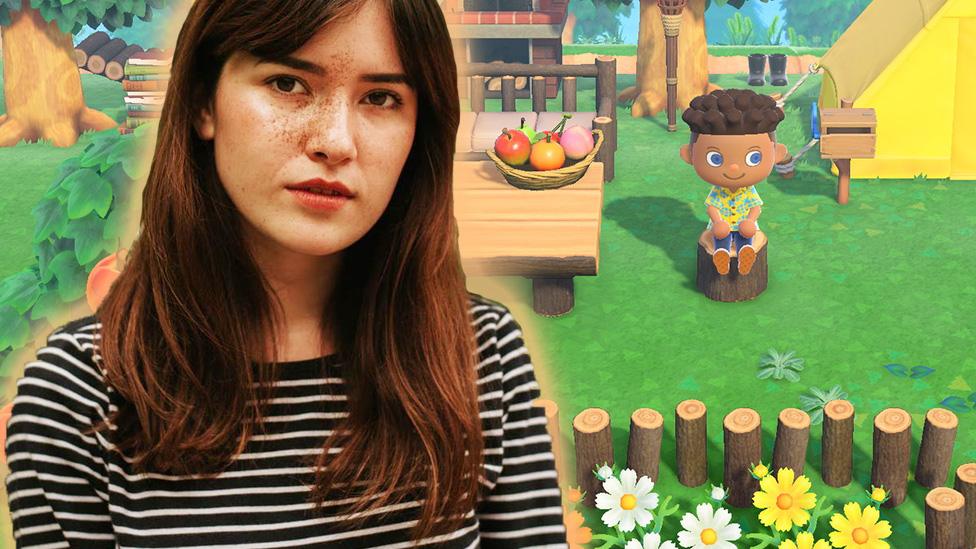Last of Us Part 2: Creators say diversity in games ‘essential’
- Published
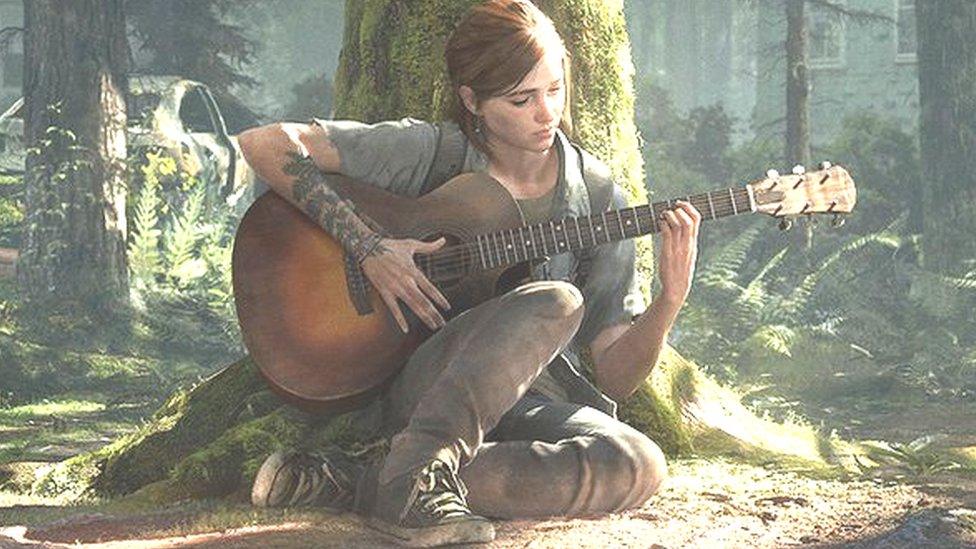
The abandoned house is pitch black, except for the dim circle of light squeezing out of your torch.
As you sneak past the moth-bitten sofa, broken television and toppled chest of drawers, suddenly you realise you're not alone.
The sound of pained screeching and clicking pierces the silence and, seemingly out of nowhere, a hunched figure with its limbs at unnatural angles, starts shuffling towards you.
Now you - or rather Ellie, your character - has a decision to make. Try to kill it, or run?
Brought to life by actress Ashley Johnson, Ellie is one of the most famous characters in gaming's recent history.
Ashley first auditioned for the role in 2012 and tells us: "I am so unbelievably proud to play this character.
"I love Ellie and think it's very important for people to see characters like her in video games."
"To have a young female lead that is gay makes it feel real."
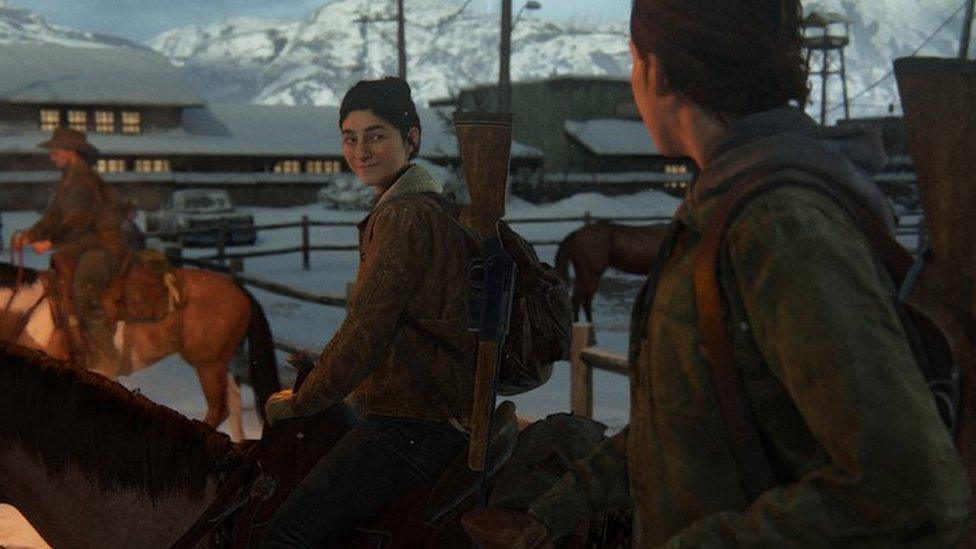
Ellie's love interest Dina is played by Shannon Woodward
The Last of Us Part 2 is the follow-up to the critically acclaimed Last of Us - a game that review aggregator Metacritic ranks at 95, external out of 100.
It followed the story of the then teenage girl Ellie and her smuggler protector Joel.
They travelled across the US as scientists tried to develop a cure for an infection that turned half the world into zombie-like creatures and led to the breakdown of society.
Its ending kept gamers and critics talking for a long time and the sequel picks up Ellie and Joel's story a few years later.
Ashley describes Ellie as "someone who's a little quiet at times and a little shy, but also extremely capable".
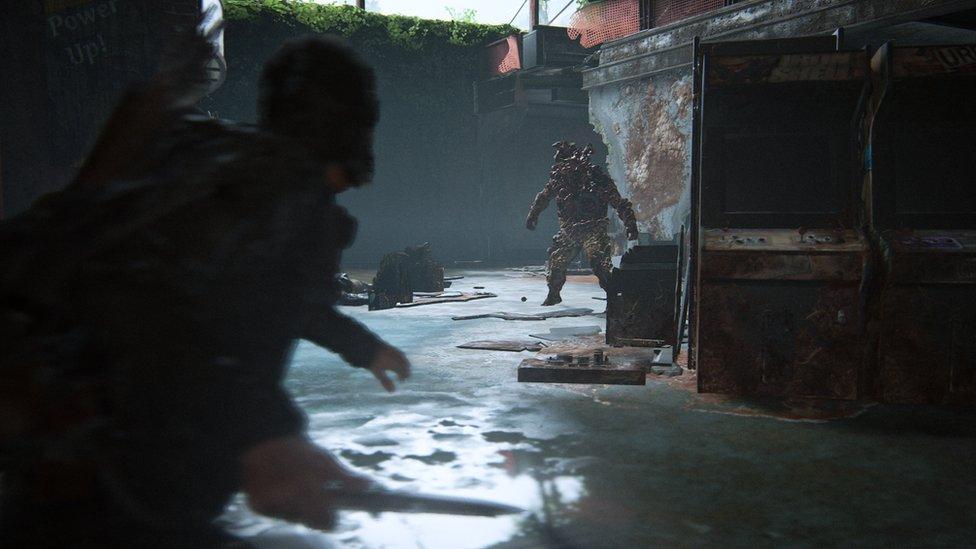
The "infected" roam the streets and buildings of Seattle in the game
The new game is focused on her and a diverse cast of characters.
There's a trans person, people from diverse ethnic backgrounds and different sexualities. It is something the games industry has been criticised for lacking in the past - especially in major releases like this.
Ashley says: "I just think it's essential, representation in all media, we need it in every form.
"I think things are slowly starting to change.
"I would love to get to a point in entertainment where this isn't considered something risky."
For game director Neil Druckmann, the decision wasn't made for the sake of it: "We didn't say, 'Let's get diverse just to stand out'. It was more like an option to give us a richer story."
Neil is also one of the bosses at the development studio Naughty Dog, and says they've been slowly trying to broaden the scope of the characters in their games for years.
"Some of the stuff we did with the first game, like even putting Ellie on the front of the box was a bit controversial. I don't think it should have been, but it was at the time.
"I think that's why we feel more confident to be able to draw all these different kinds of characters, with different backgrounds and identities to give us a diversity of storytelling.
"That doesn't automatically make the story better. But there's something magical when people see themselves in games, it broadens our audience and I think that's important."
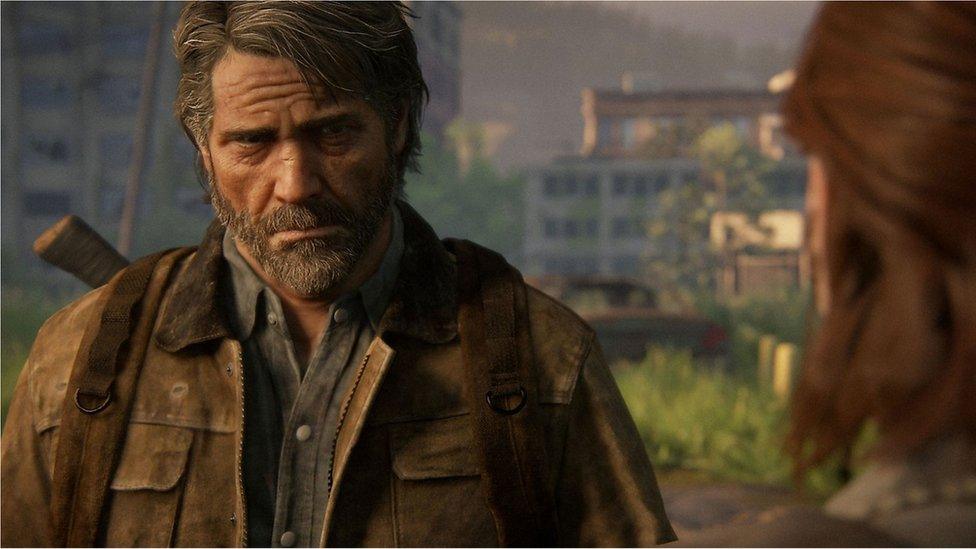
The game explores Joel and Ellie's relationship after the widely debated ending of the original.
However, Neil is also aware that his studio is in a privileged position to be able to take risks: "Naughty Dog has had a series of commercial successes, so it allows us to take chances.
"If The Last of Us Part 2 is successful, and someone wants to make a game with a similar cast, at least then marketing teams can look over and be like, 'Well that worked' so it won't be the thing that holds people back."
The lead up to the release has been a bumpy ride for the developer.
From delays due to the coronavirus pandemic, to story leaks and criticisms of violent trailers., external
It is a bleak world that Ellie and Joel inhabit and some reviews of the game have questioned the level of violence, external.
Neil isn't flustered when considering criticisms of his game, saying: "I think if we're telling this story in a different medium then the body count wouldn't be as high.
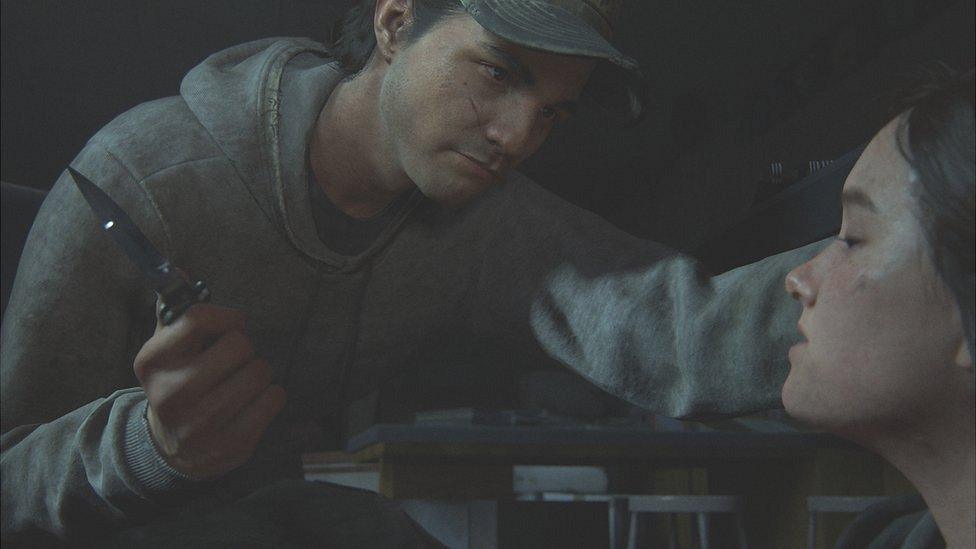
"It needs to be as high because we have to train you with mechanics of how the game plays.
"What we're going for, is that how it feels is more important than what the body count would be in real life.
"Ellie could not take on this many people, we know that, but we're after a certain kind of adrenaline and tension.
"I don't know how we could have created that with just a handful of people for you to come up against, that doesn't mean it's not possible and I'd love to see it.
"But we think the feeling of authenticity is more important than the actual one-to-one realism."
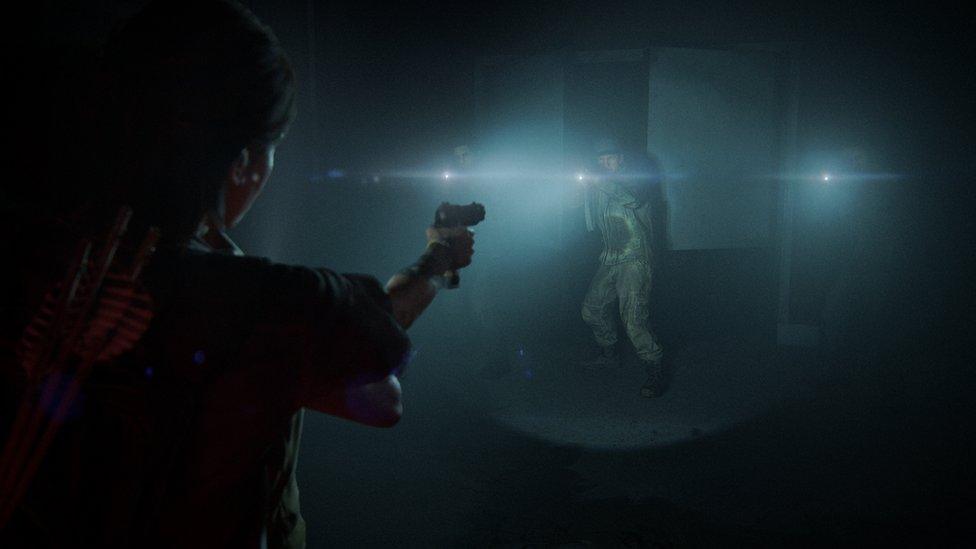
The Last of Us Part 2 has been received very favourably by reviewers with a Metacritic score of 96 ahead of launch.
The game is releasing at a time of major discussions across the world about racial and gender equality.
Neil says this game reflects that: "It's very much based on real world conflict and tribalism.
"Things that we now unfortunately see very clear examples of in the US.
"But they're not new. They've been with us for the entire history of our species, and they probably will be going forward.
"I'd love for more games to explore this kind of stuff."
As for Ashley - an actor who spends lots of time working in games - she hopes things will keep changing: "It feels like the industry grew up".
"We've learned things and we need to start telling stories that include everyone.
"When you see that and play it, you'll see how important that is."


Follow Newsbeat on Instagram, external, Facebook, external, Twitter, external and YouTube, external.
Listen to Newsbeat live at 12:45 and 17:45 weekdays - or listen back here.
- Published11 April 2020
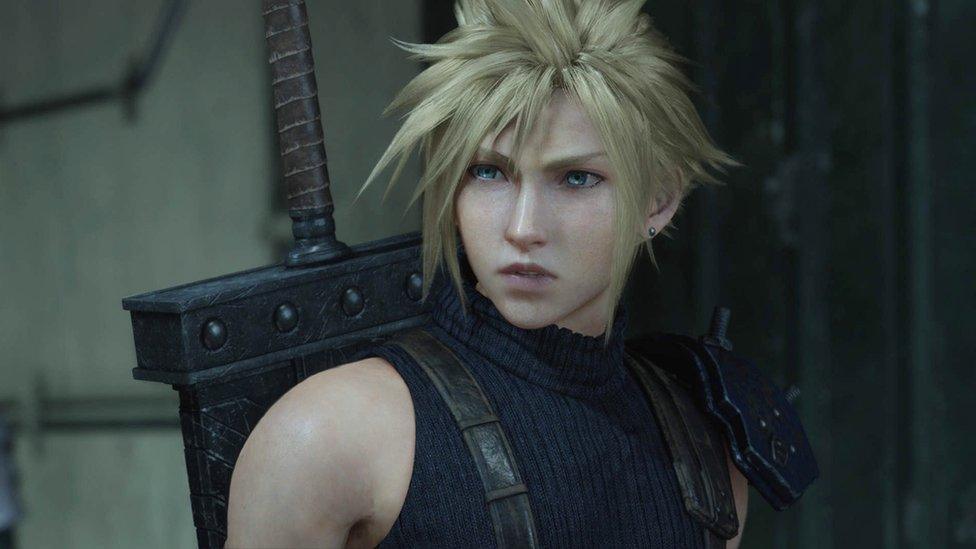
- Published20 May 2020
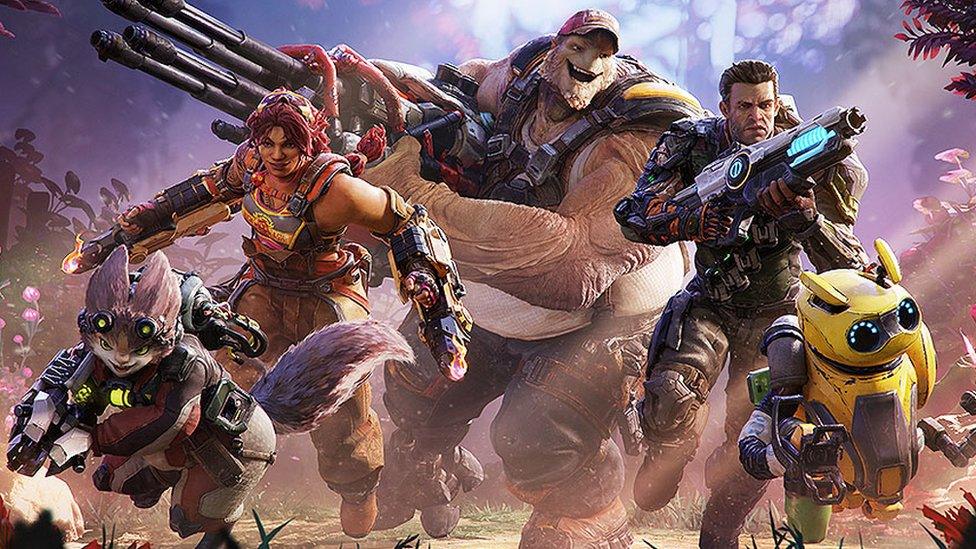
- Published6 April 2020
